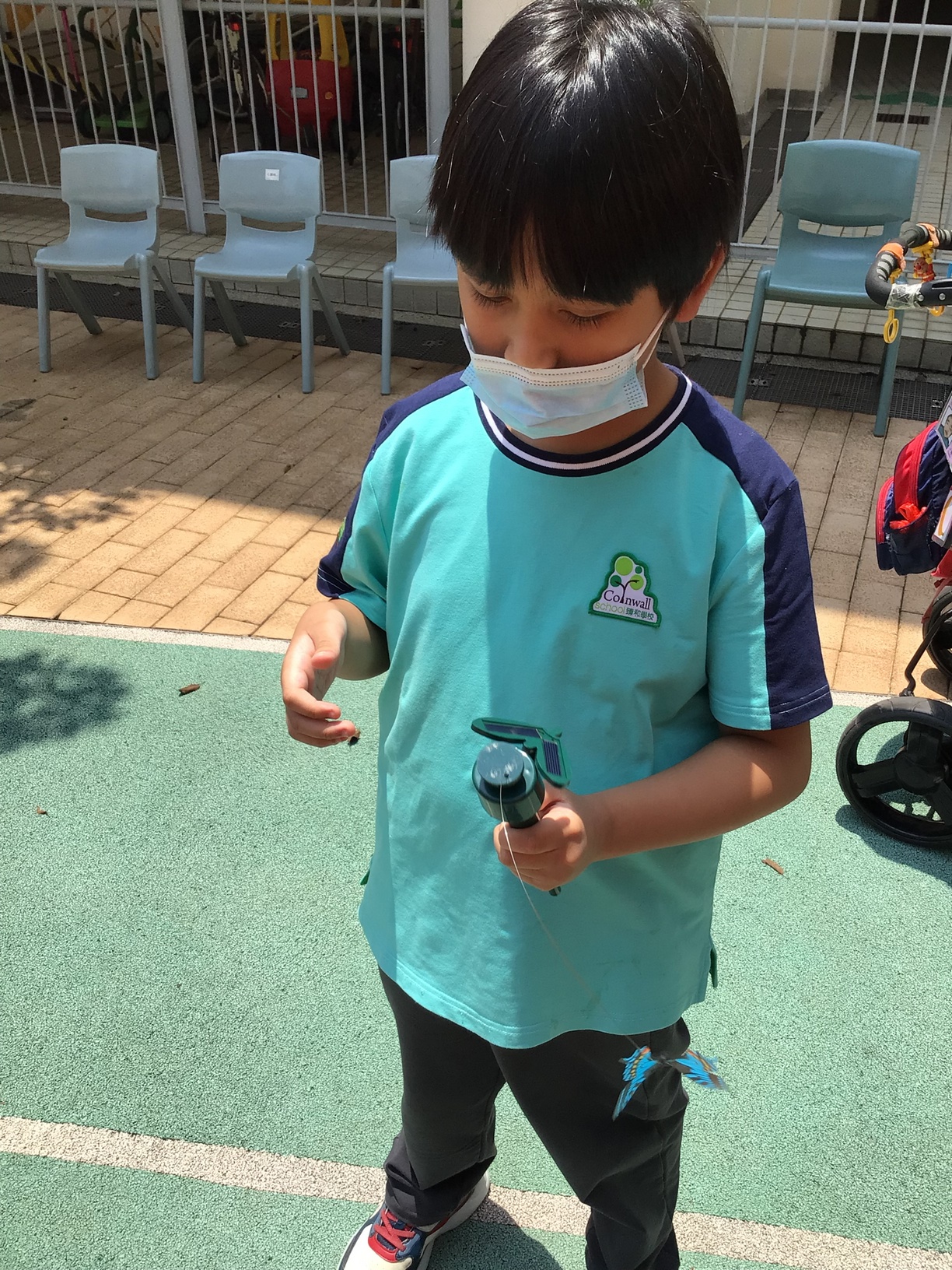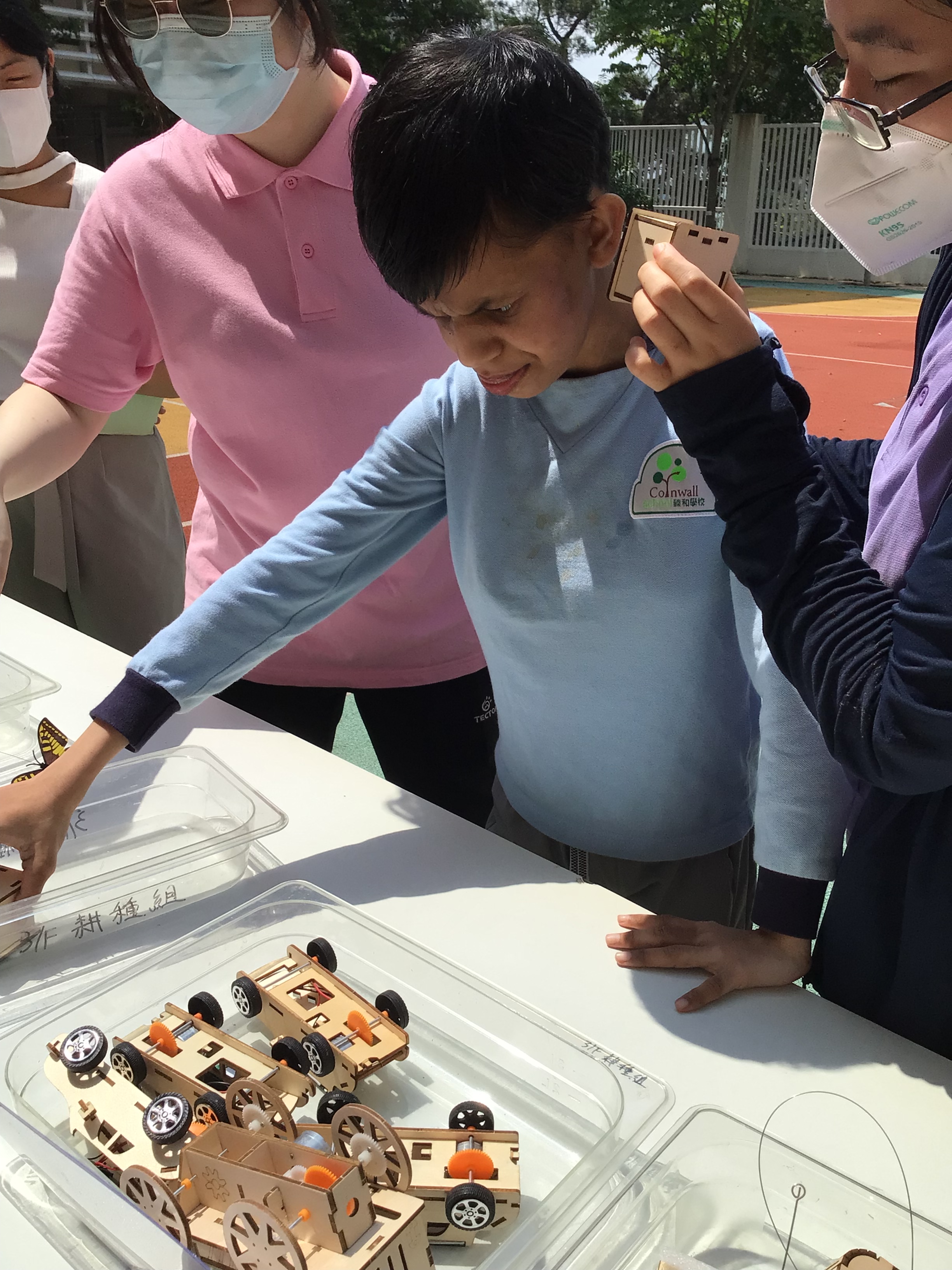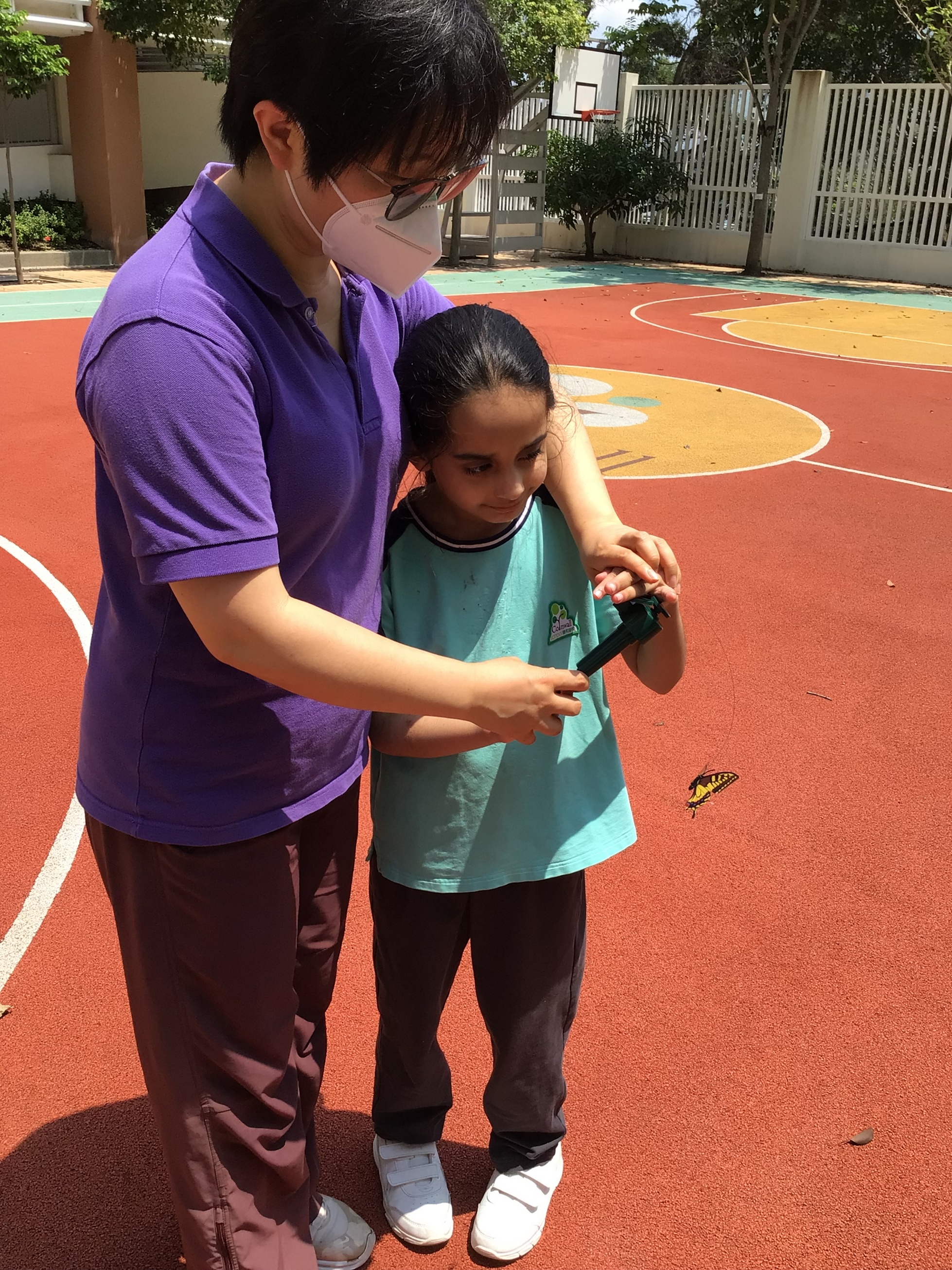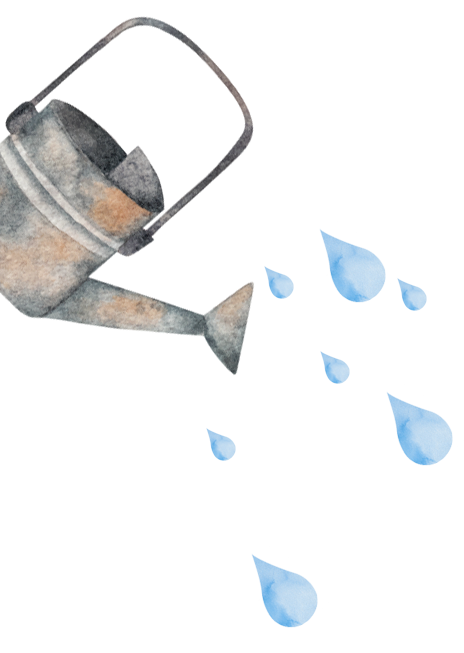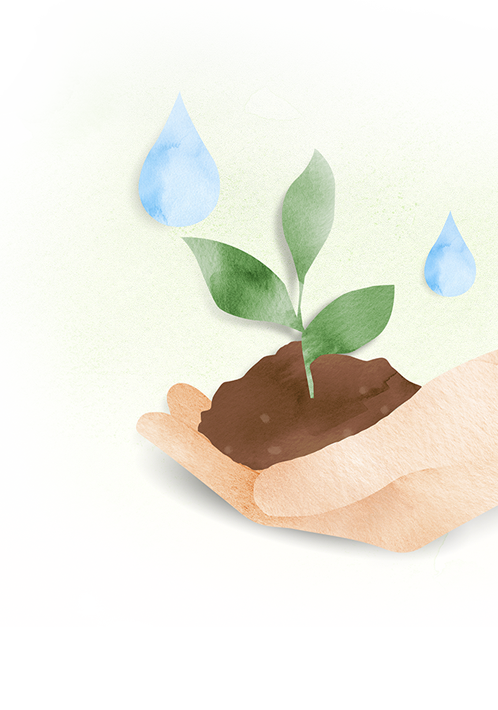
The STEAM Education School-based Support Program is organized by the Advisory Panel of The Education University of Hong Kong and the Education Bureau, General Studies has designed a learning module –"Science and Technology in Everyday Life" to develop learning content suitable for students with intellectual disabilities, and designed learning activities to enhance students' scientific thinking and enhance the professional competence of General Studies teachers in Science and Technology Education. Members of the Group held five professional exchange meetings with the EDB to discuss the learning content of STEAM in the classroom, and conducted a trial teaching session at the Sincere Class on 18 March 2024. The participating teachers conducted peer class observation with sister schools on 18 and 26 April 2024, and a project sharing session on 18 June 2024 to build a culture of sharing and collaboration through cross-school professional exchange sessions. The STEAM Education School-based Support Program is an effective way for teachers to master the teaching strategies of STEAM elements. Teachers can organize the teaching strategies of STEAM elements into different examples after the group discussion. In terms of trial classroom observation, students engaged and actively participated in classroom activities with STEAM elements, which effectively enhanced students' interest in learning.
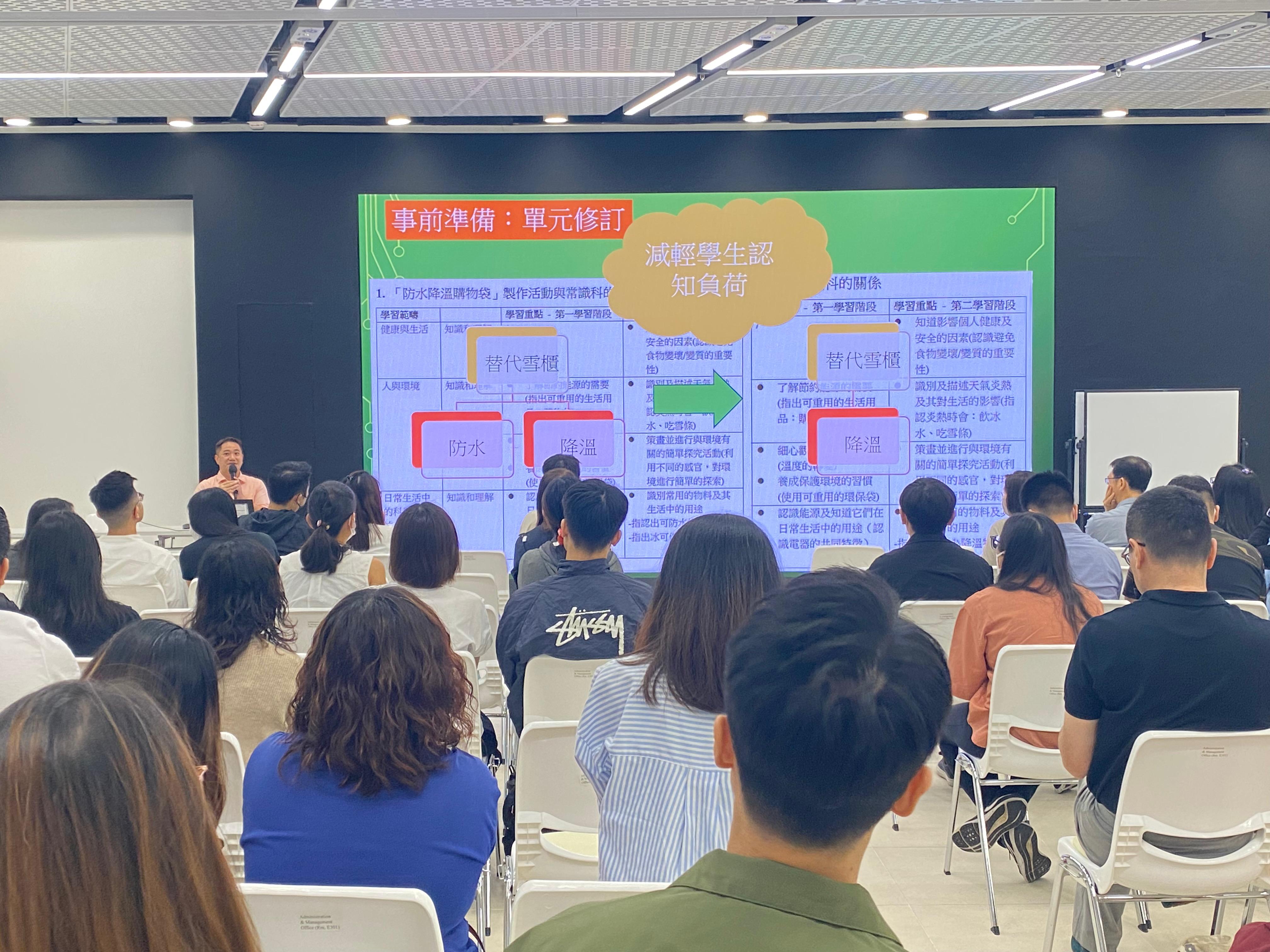
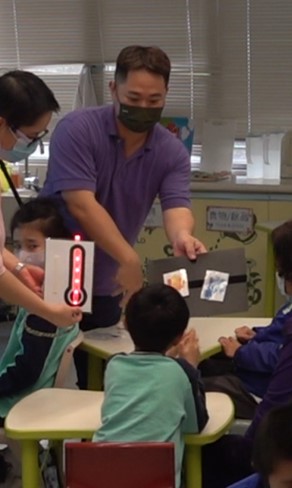
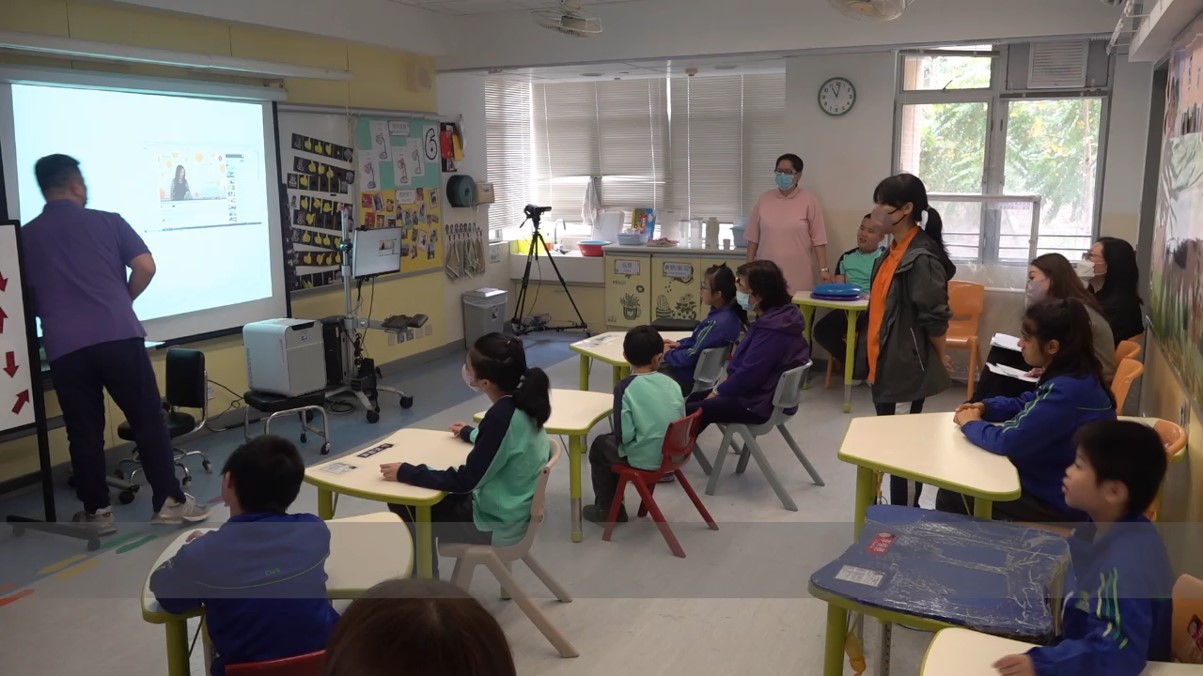
.jpeg)
The School-based Support Program for STEM Education is organized by the Advisory Panel of The Education University of Hong Kong and the Education Bureau, General Studies has designed a learning module with the learning focus on "Science and Technology in Everyday Life" to tailor learning content suitable for students with intellectual disabilities. Under the same curriculum framework, students
attending schools for children with intellectual disabilities are also able to receive STEM education. Studies have pointed out that STEM education is very important in improving the quality of daily life of students with special educational needs (OBI, 2014; Hwang & Taylor, 2016).
Through exposure to and exploration of STEM, students can increase their interest in STEM learning, and STEM education also cultivates other skills in students, including: logical thinking, creativity, problem solving, collaboration, communication, etc. Members of the Unit held four school-based support sessions with the Education Bureau to discuss the learning content of STEAM in the classroom, and conducted a trial teaching on 22 June 2021. On 8 July 2021, the participating teachers held a project sharing session to build a culture of sharing and collaboration through cross-school professional exchange sessions. The School-based Support Program for STEM Education can effectively enable teachers to grasp the teaching strategies of STEM elements and sort out different teaching examples, so that teachers in schools can more effectively implement STEM education in their undergraduate courses. In September 2022, the Advisory Panel of The Education University of Hong Kong and the Education Bureau (EDB) compiled the key points on the implementation of STEM education, which were compiled into a resource booklet for reference by industry peers.
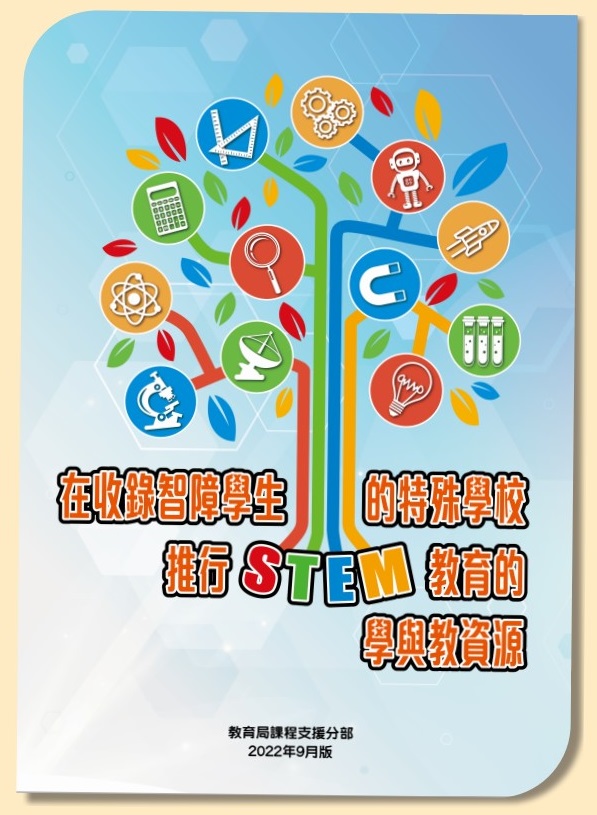
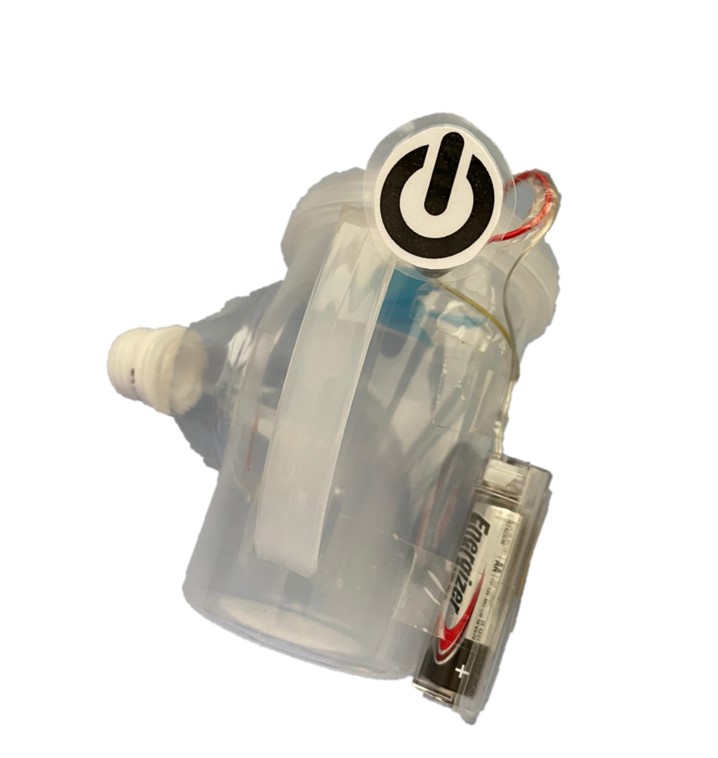
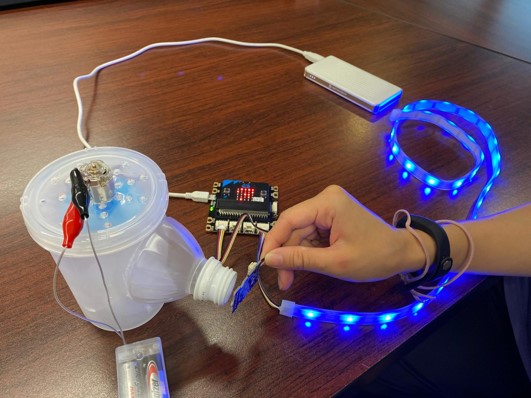
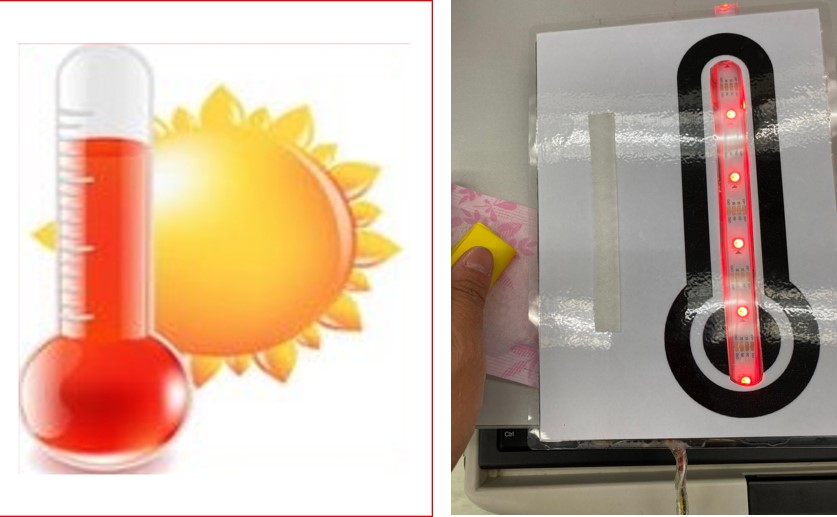
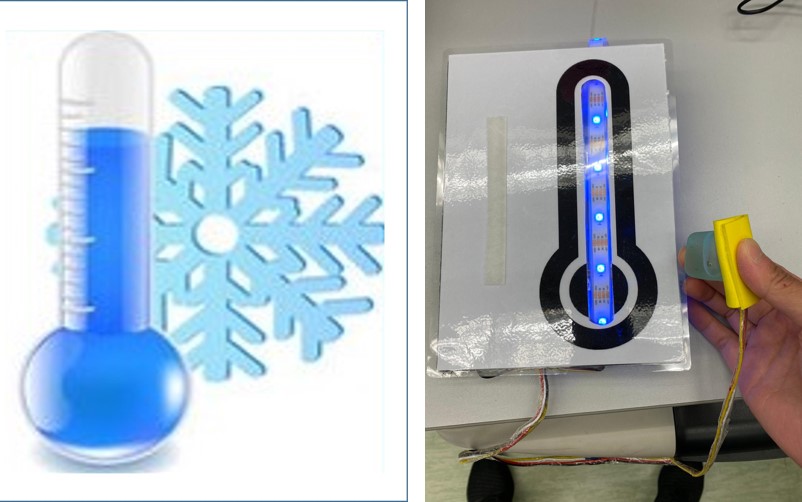
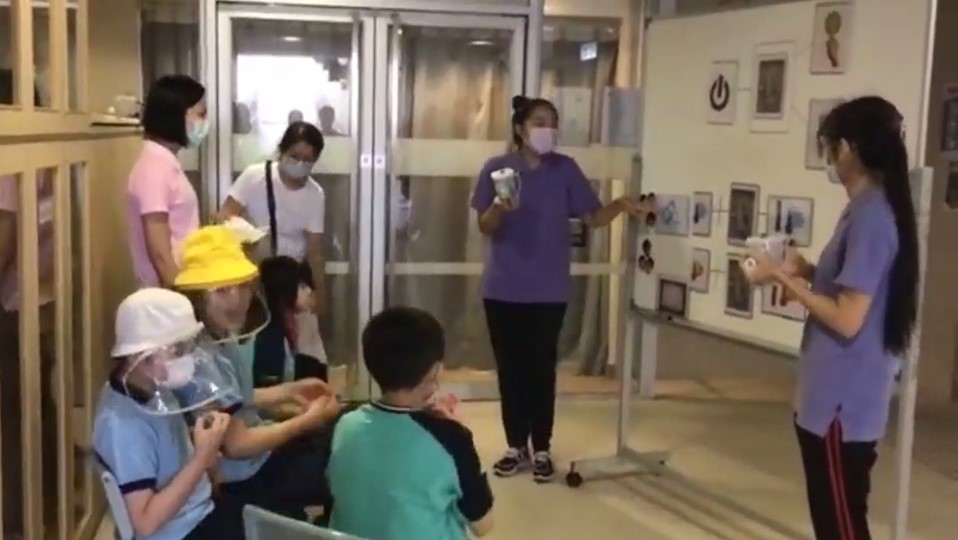
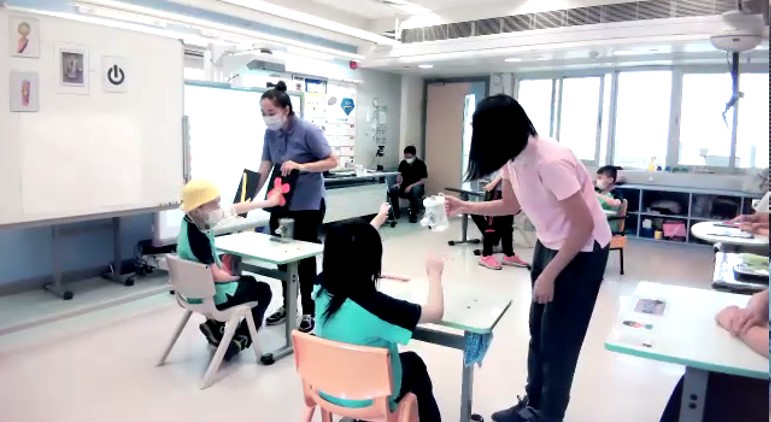
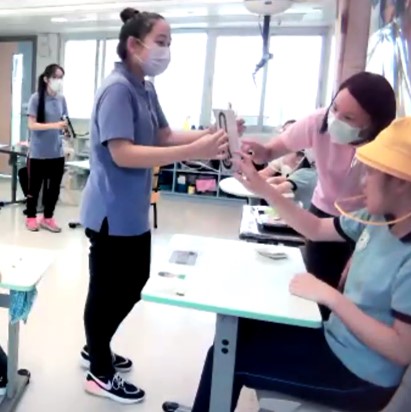
Our General Studies teachers participated in workshops on STEM education, including STEM integration through General Studies, problem-solving skills through STEM education, generic skills and inquiry-based thinking through STEM education. The objective is to enhance the professional effectiveness of STEM education in General Studies, to enable teachers to understand the integration of General Studies and STEM education, and to understand the learning and teaching strategies that effectively nurture students' inquiry-based thinking in STEM education.
.jpg)
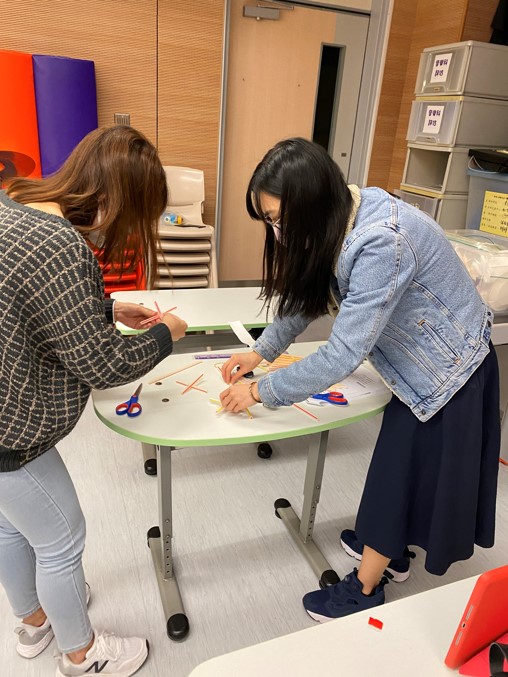
.jpg)
.jpg)
With the theme of "STEAM Volcanic Eruption", Mathematics and Visual Arts co-organized a co-curricular activity to arouse students' interest in science through "hands-on". Students will not only be able to experience science experiments, but also learn about the scientific phenomenon of volcanic eruptions, as well as the creation of clay, different colors, quantities, etc.
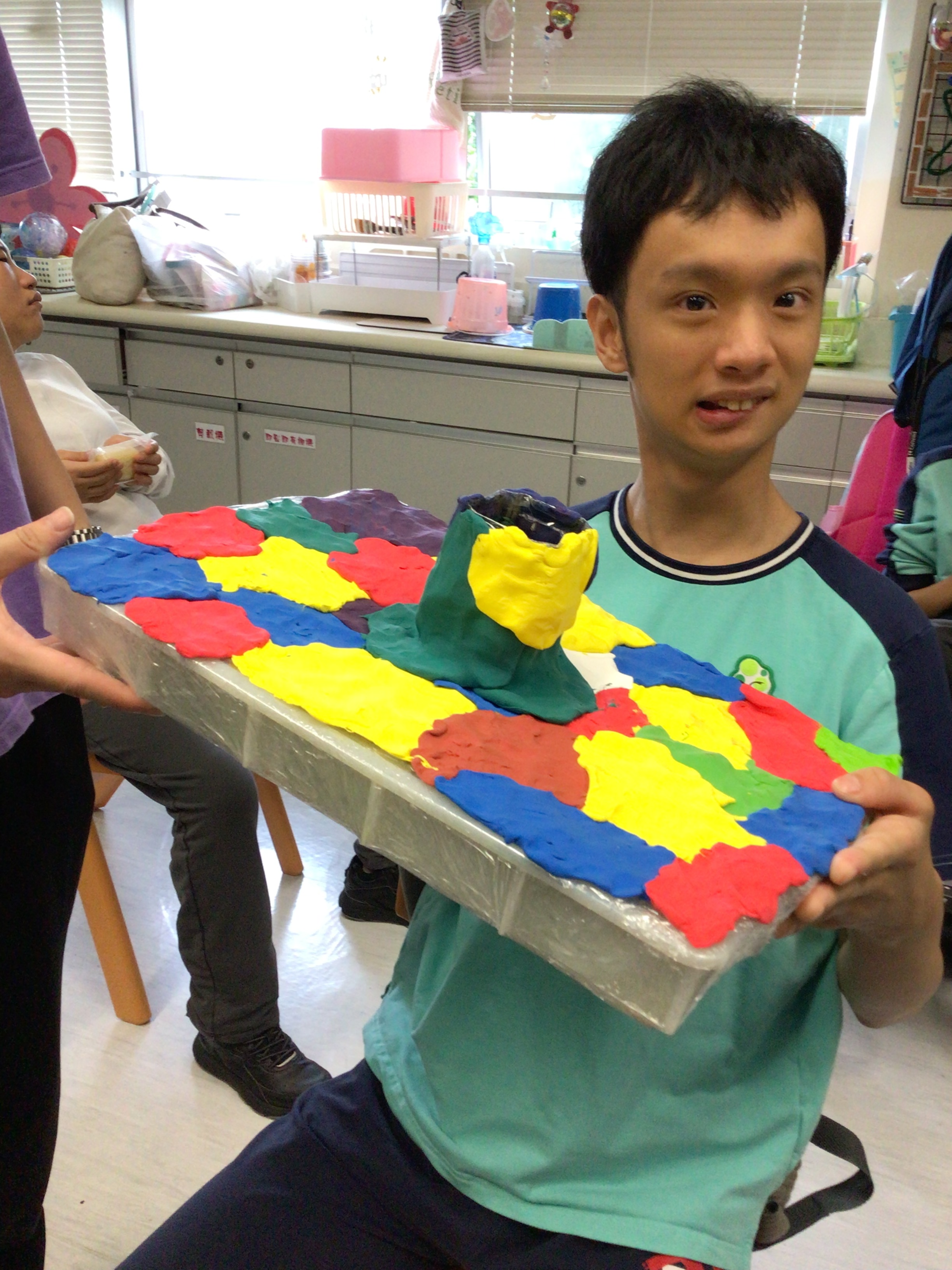
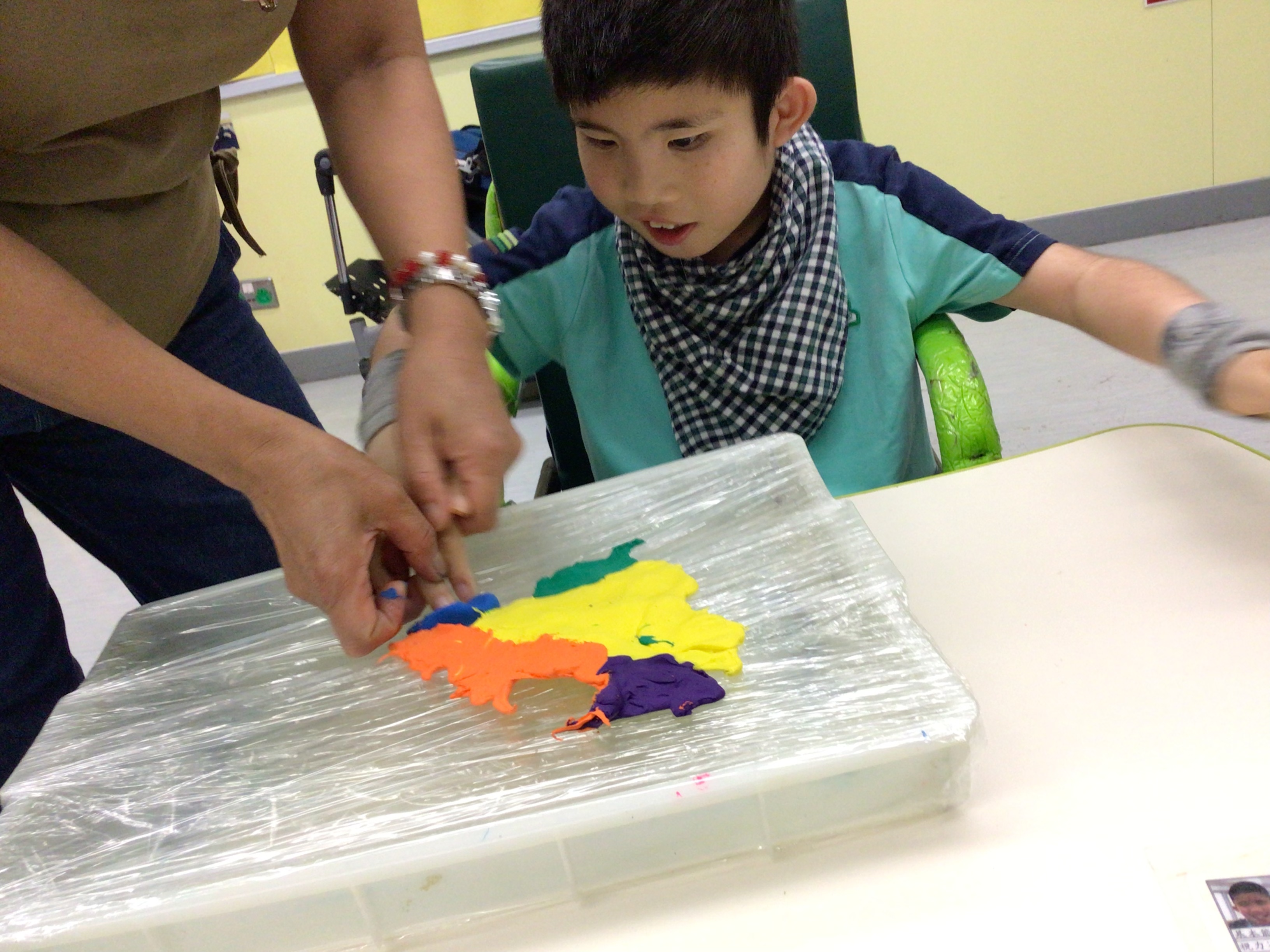
The school participated in the "2023-2024 IT Literacy Program for Primary Schools" organized by the Government Information Technology Office, and co-organized the "AI Robotics Programming Training Course" with information technology companies. In addition to enhancing students' IT learning ability, it can also enhance students' communication skills by learning to express their desire to participate in interactive learning activities in an appropriate way, such as raising their hands, looking at or making sounds. When students interact with the AI robot, they are curious, vocalizing and looking at the robot. When students actively touch the different sensing areas of the AI robot, the robot will make sounds and make gestures in response, which helps students actively communicate and interact with the robot.
When learning to program and choreograph dance movements, under the guidance of the teacher, students can point out the body parts of the AI robot, and move the head and hands of the robot one by one to choreograph the robot's dance moves. In addition, in learning programming storytelling, students can select pictures of favorite animals and objects under the guidance of the teacher, and create story content with animal sounds. Under the guidance of teachers, some students learned to drag and drop programming blocks and buttons to operate the AI robot, make movements and speak.
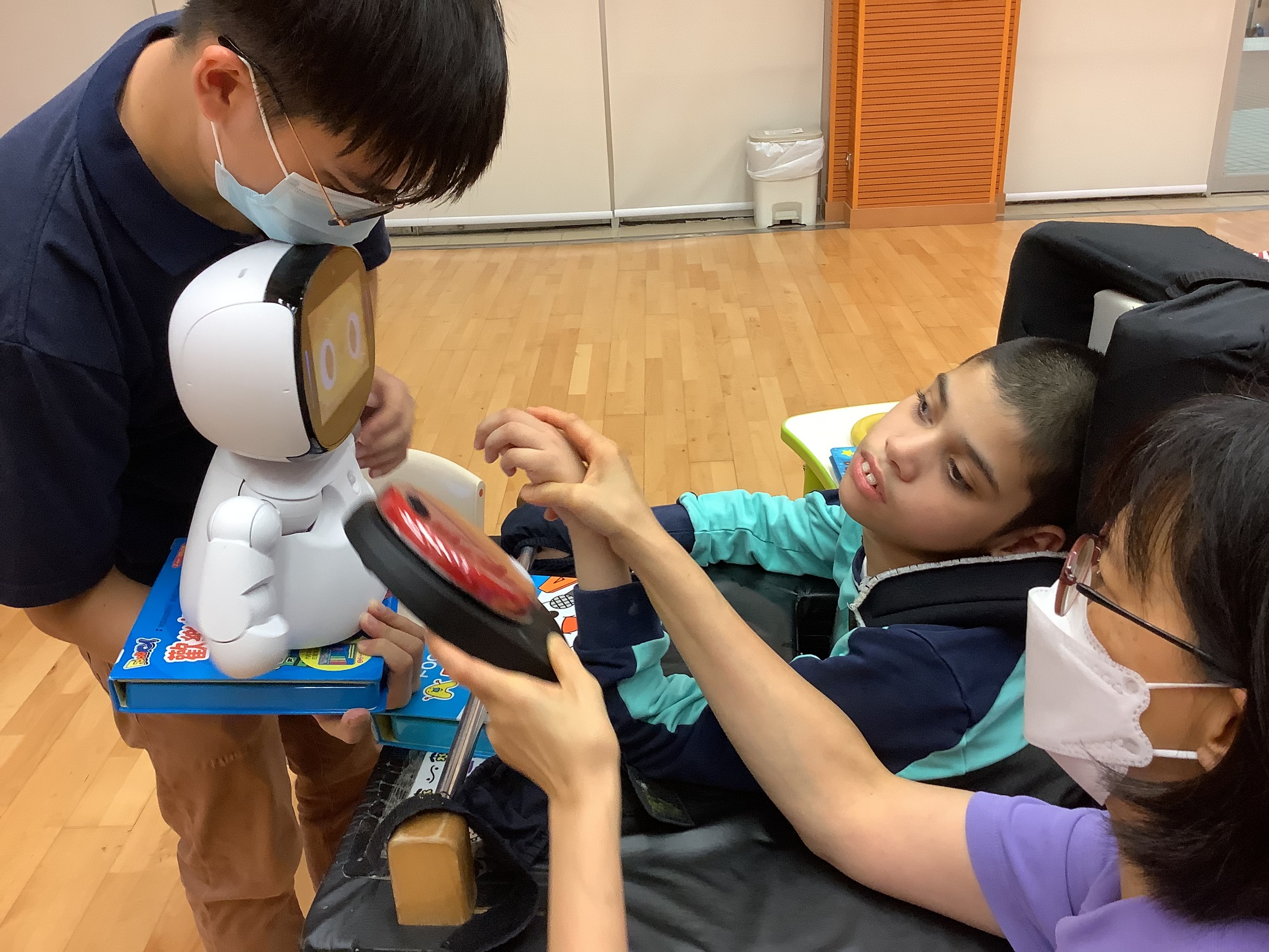
Students can participate in different STEAM activities, such as Matatalab Pro Coding Set and 3D pen handicraft, to enhance students' curiosity about the things around them and cultivate students' logical thinking.
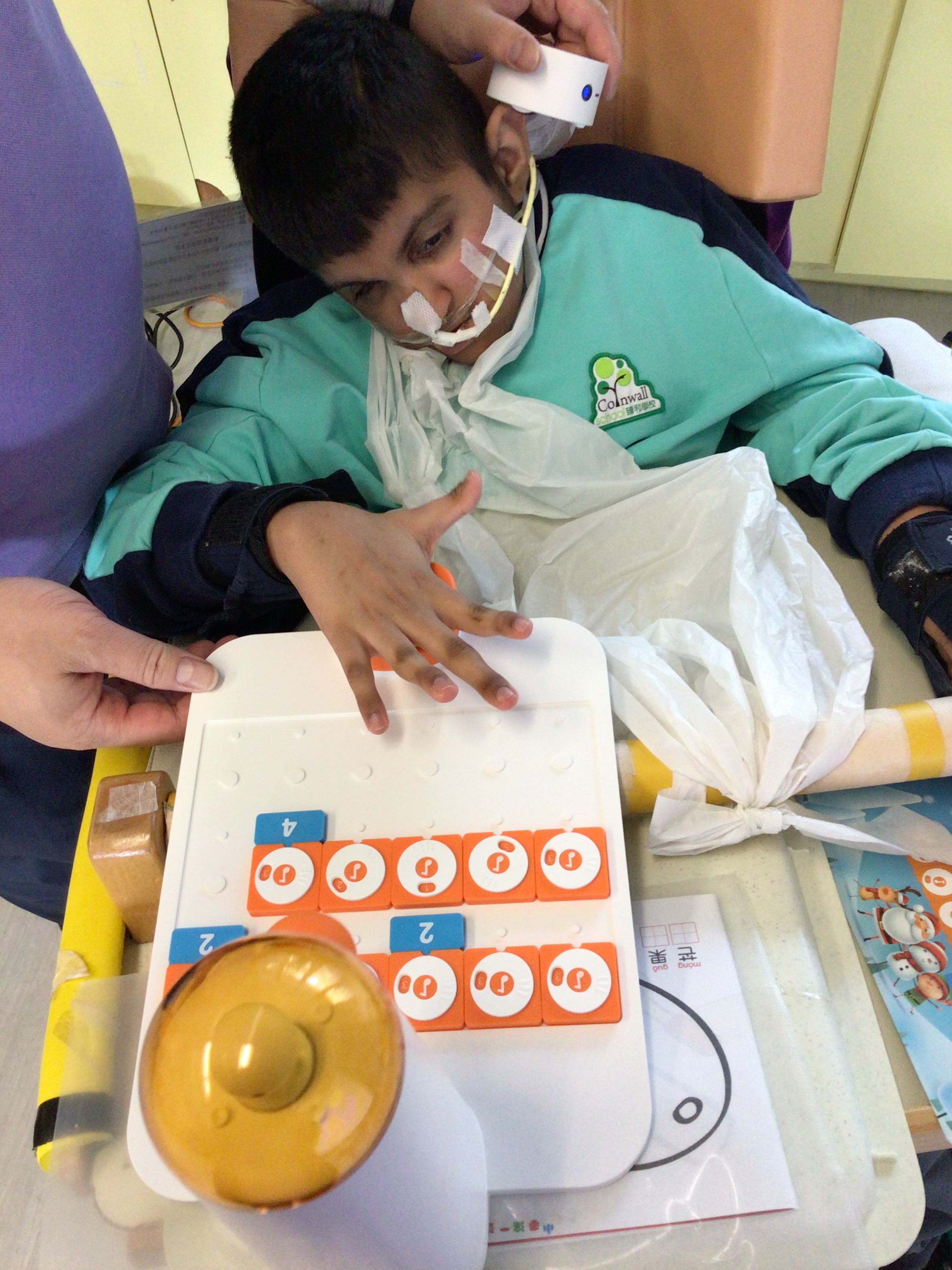
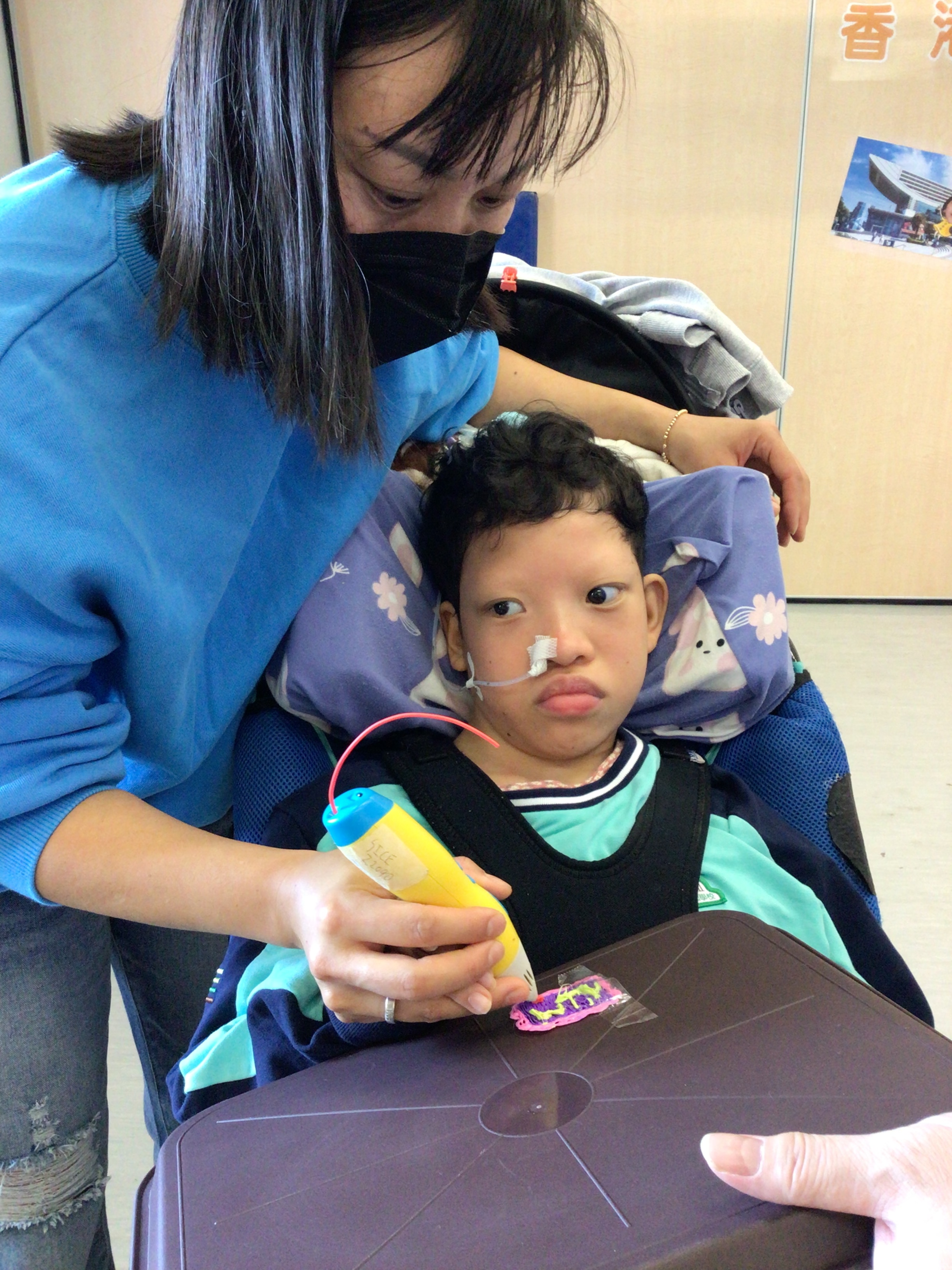
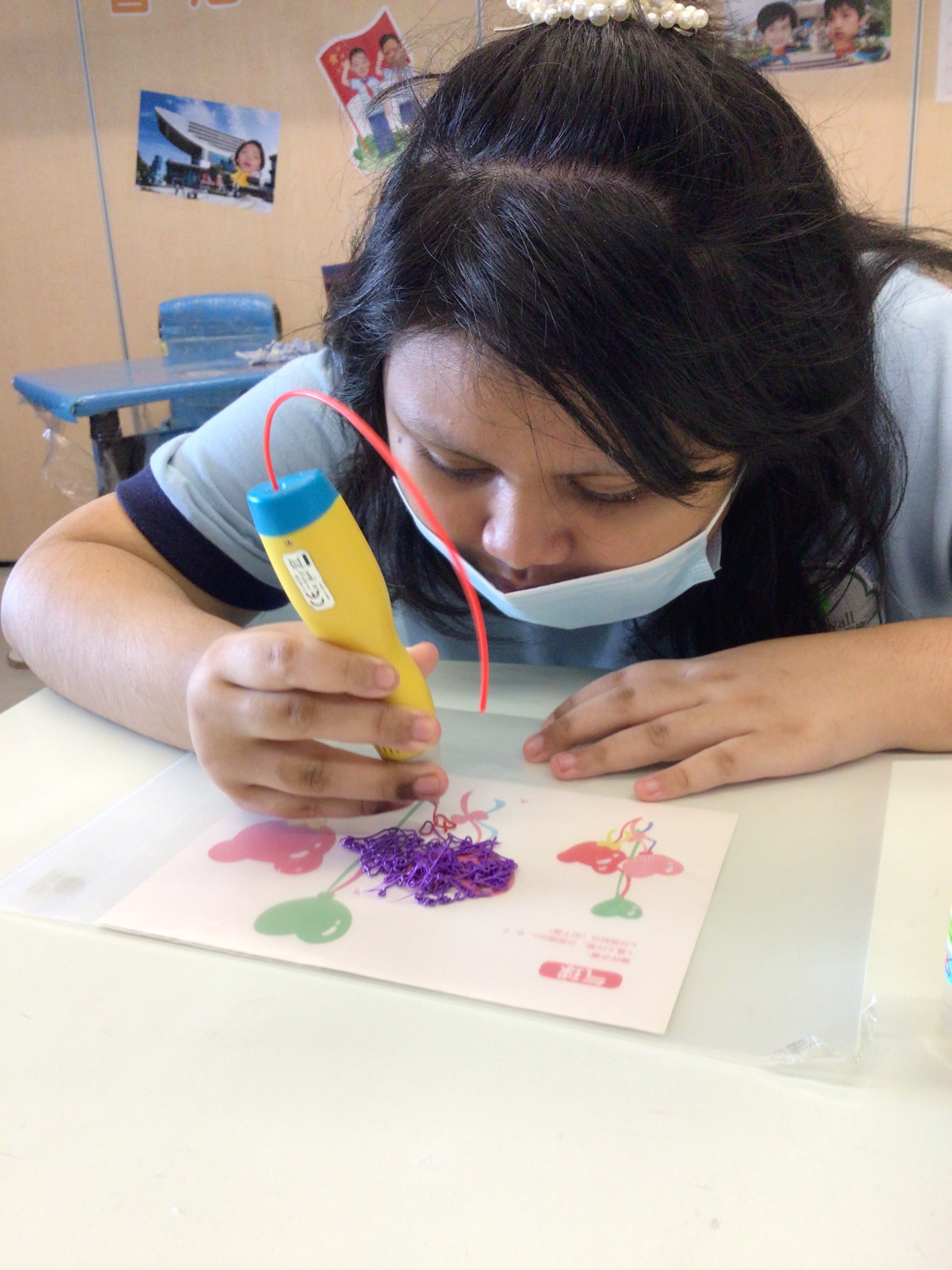
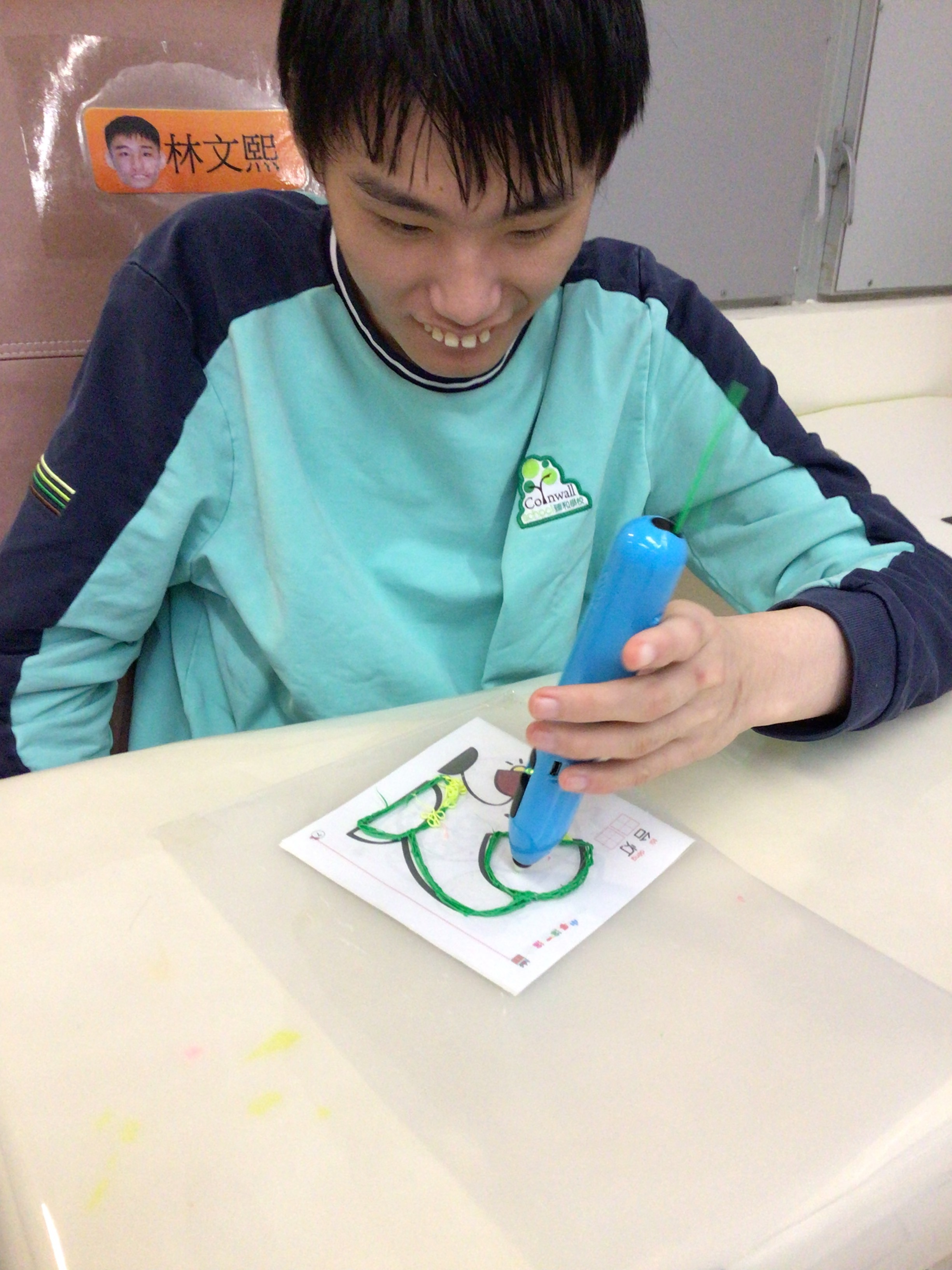
Through a variety of activities, such as STEAM arts and crafts tie-dyeing, racing and building block booths, STEAM music flutes and STEAM magnet cars, students can participate in STEAM activities, broaden students' learning experience of STEAM, cultivate students' active participation in STEAM activities, and enhance students' interest in STEM learning.




Through the use of solar music boxes, solar butterfly installations and solar cars, students were aroused to be interested in solar power generation and their understanding of renewable energy was enhanced. Experience that solar energy is one of the renewable energy sources, which is not only clean, but also environmentally sustainable and saves electricity bills. The activity allowed students to experience the use of solar energy installations to generate electricity to promote the reaction of music boxes, butterflies and cars, so as to learn about renewable energy and raise environmental awareness.
